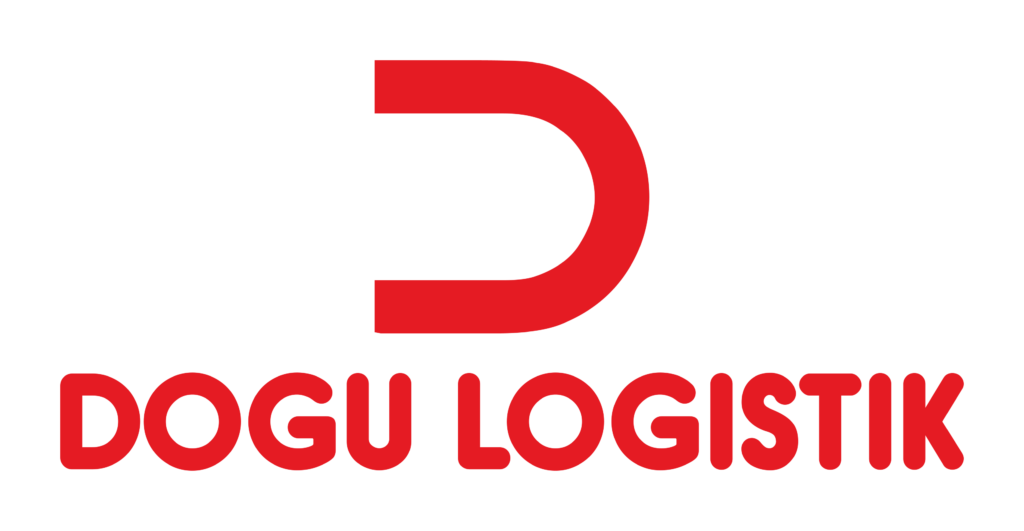Here are some key aspects related to Datenschutz (data protection):
Data Protection Principles: Data protection laws emphasize principles such as data minimization (only collecting necessary data), purpose limitation (only using data for specified purposes), transparency, and the need for individuals’ consent for data processing.
Data Subject Rights: Individuals have various rights regarding their personal data, including the right to access their data, rectify inaccuracies, erase data (the “right to be forgotten”), and restrict or object to data processing.
Data Processing: Any handling of personal data, including collection, storage, transmission, and analysis, must comply with data protection regulations. Organizations must have lawful grounds for processing data, and they are required to inform individuals about the processing.
Data Protection Officer (DPO): Some organizations are required to appoint a Data Protection Officer, responsible for ensuring compliance with data protection laws and acting as a point of contact for data subjects and regulatory authorities.
Security Measures: Organizations are obligated to implement appropriate security measures to protect personal data from breaches and unauthorized access.
International Data Transfers: When personal data is transferred outside the European Economic Area (EEA), special safeguards must be in place to ensure the data’s protection.
Data Breach Notification: Organizations must report data breaches to relevant authorities and, in some cases, to affected individuals.
Consent: Data subjects must provide informed and unambiguous consent for their data to be processed. Consent must be easy to withdraw.
Privacy by Design and Default: Privacy considerations should be integrated into the design and default settings of systems, products, and services from the outset.
Accountability and Record-keeping: Organizations must be able to demonstrate compliance with data protection regulations through documentation, records, and audits.
Penalties: Non-compliance with data protection laws can result in significant fines and penalties, especially under regulations like GDPR.
It’s important to note that Datenschutz is not limited to Germany; similar principles and regulations exist throughout the European Union and in other countries worldwide. Organizations that process personal data are required to take data protection seriously, implement appropriate measures, and be aware of the specific regulations that apply to them.
If you have specific questions or concerns regarding data protection in a particular context or jurisdiction, it’s advisable to consult legal experts or data protection authorities for guidance.
